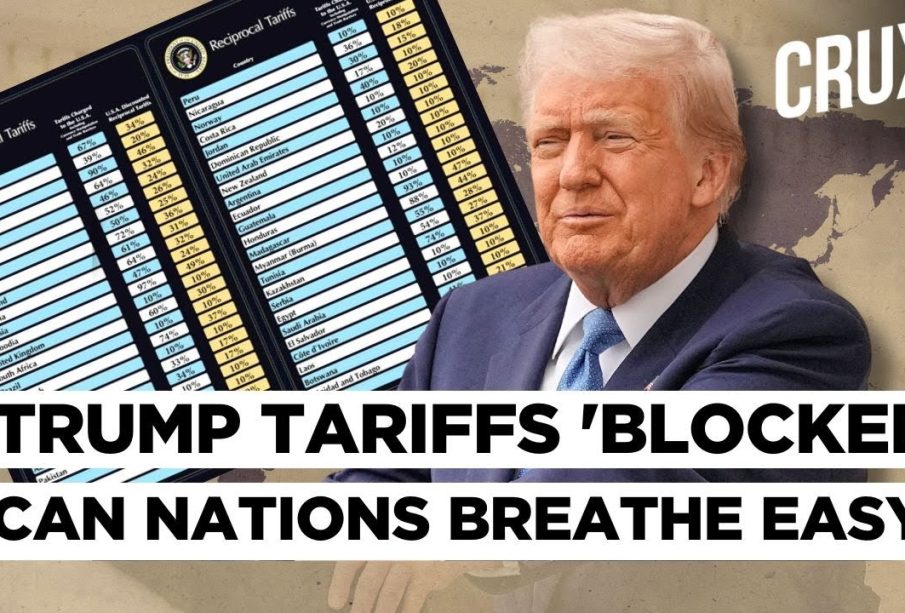Understanding Taco Trump and Its Political Implications

Introduction
The term “Taco Trump” has emerged as a unique blend of politics and popular culture, capturing attention in recent public discourse. In a time when food and politics frequently intersect, this phrase embodies satire while igniting discussions about identity, representation, and branding in the political arena. The relevance of this topic stems from the growing influence of social media platforms as catalysts for both political commentary and culinary trends.
What is Taco Trump?
Initially coined in response to former President Donald Trump’s controversial remarks about Mexican immigrants, “Taco Trump” has evolved into a symbol of political satire. This clever play on words has been used by social media enthusiasts and political commentators to highlight issues of xenophobia and racial stereotypes in a humorous yet critical light.
Current Events and Reactions
In recent weeks, Taco Trump has become a viral sensation, particularly on platforms like Twitter and TikTok, where users share memes and videos that juxtapose Trump’s image with taco-related themes. This phenomenon gained traction following various events, including a recent rally where protestors used taco-themed signs to voice their dissent regarding immigration policies. Additionally, some restaurants have embraced the term, offering promotions that playfully nod to the concept, further blurring the lines between culinary identity and political discourse.
Public Opinion and Social Commentary
The response to Taco Trump illustrates a broader commentary on how food culture is often politicised, especially in a multicultural society like the United Kingdom. Many commentators argue that by using humour to discuss serious issues, society can make the challenging conversations more accessible. However, this has also led to critiques about whether satire trivialises such important subjects or effectively promotes necessary dialogue.
Conclusion
Taco Trump exemplifies the power of humour and satire in contemporary political discourse. As these kinds of expressions continue to resonate with the public, we may see a stronger integration of food symbolism within political branding and messaging. Whether Taco Trump serves to foster deeper understanding or distract from serious issues remains to be seen, but what is clear is that it has sparked important conversations. As observers, readers should remain vigilant in analysing how these cultural symbols evolve and what they signify in the larger context of society.








